Globally, traditionally marginalised communities and low-socioeconomic status (SES) households have been feeling the brunt of rising food prices.
As the price of basic commodities like rice, wheat, and vegetables continue to soar, it has become increasingly difficult for people to afford their daily meals.
While some countries like small island developing states (SIDs) have attempted to ramp up food production to combat rising food costs, climate change has been hindering these efforts.
In Guyana and St. Vincent and the Grenadines, efforts to scale-up food production have been affected by rising sea levels, soil degradation and increasingly extreme weather events like floods.
As such, strategic action is warranted to ensure food producers in these countries are able to become more climate resilient.
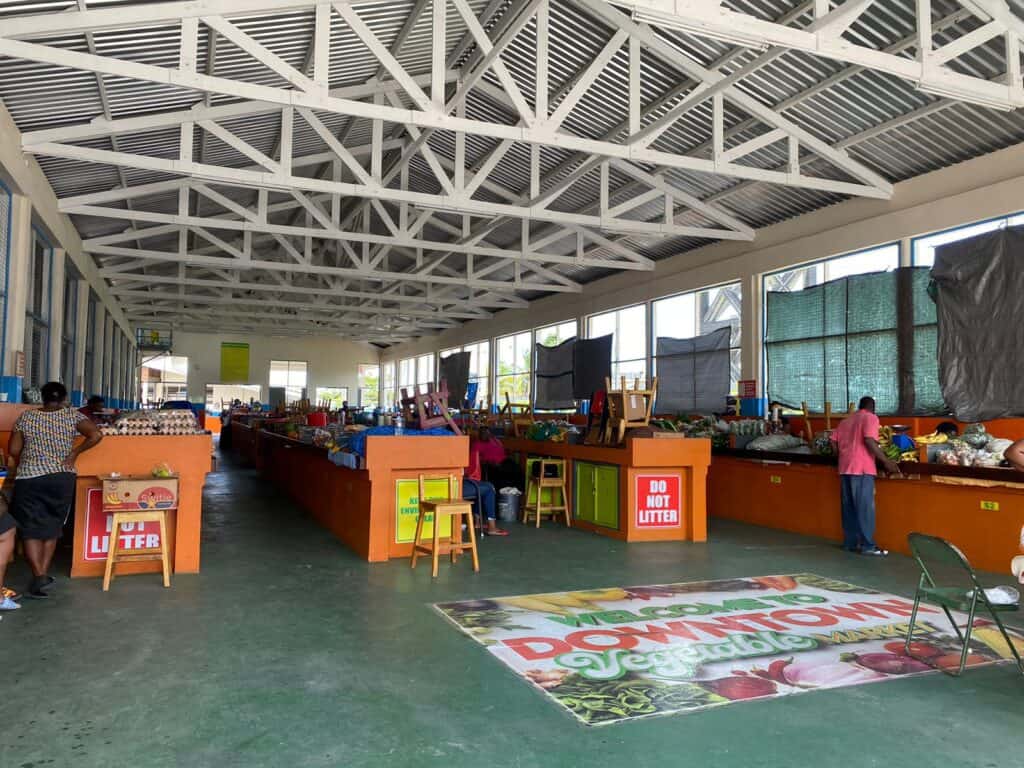
St. Vincent and the Grenadines
Food exports are vital to the economy of St. Vincent and the Grenadines and there have been ongoing efforts to strengthen the country’s food security.
But in recent years, farmers across the country have had to contend with the effects on climate change.
For over ten years, farming has been Admarie Bobb’s main income source.
However, she told Cari-Bois that keeping up with the changing weather patterns in Greggs and Richland Park – the areas she farms in St. Vincent – has been a struggle.
For example, Bobb explained that producing substantial yields during the dry season has been difficult in the past several years.
Even her attempts to boost irrigation during the dry seasons have fallen short as crops either wither away in the blistering heat or fail to produce sufficient yields.
During recent droughts, Bobb said it has also been a challenge to feed her herds of sheep and cattle as the grass needed doesn’t grow sufficiently on the mountain during the dry season
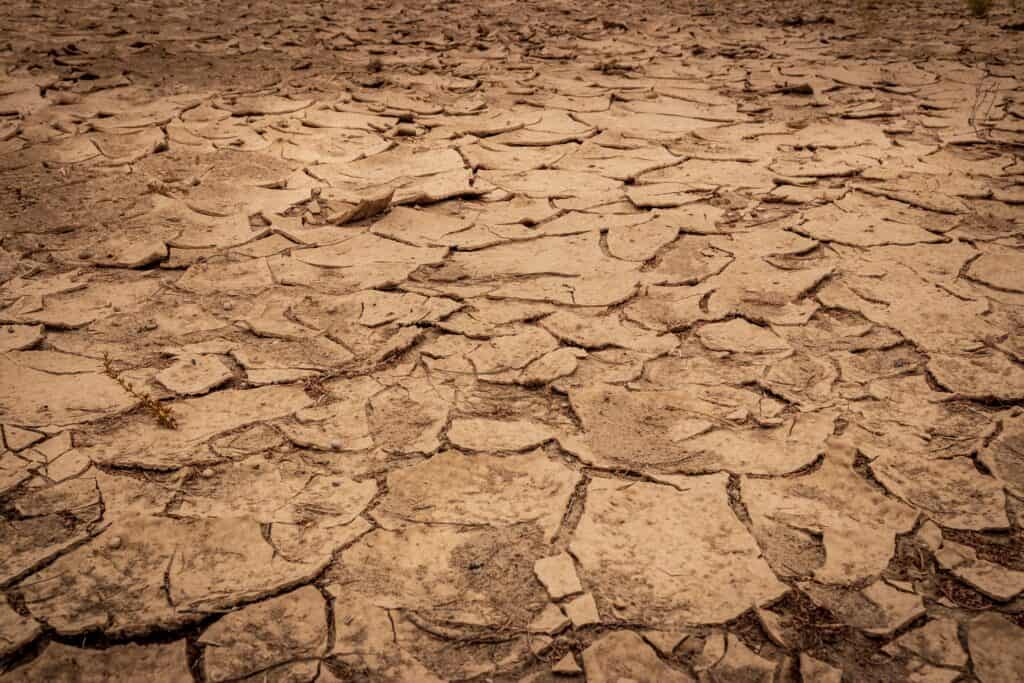
When it comes to changing weather patterns, soaring temperatures isn’t the only issue Bobb contends with.
While intense heat during the dry season makes growing crops like potato and cucumber challenging, Bobb said the intensity of rainfall during wet seasons in the islands have affected the ability to grow crops like christiphine and tomatoes.
In recent years, Bobb said many of her peers have stopped farming but she is determined to persevere.
But faced with the difficulties of insufficient yields, Bobb said it continues to be a struggle to bring in sufficient income for herself and pay the workers she employs.
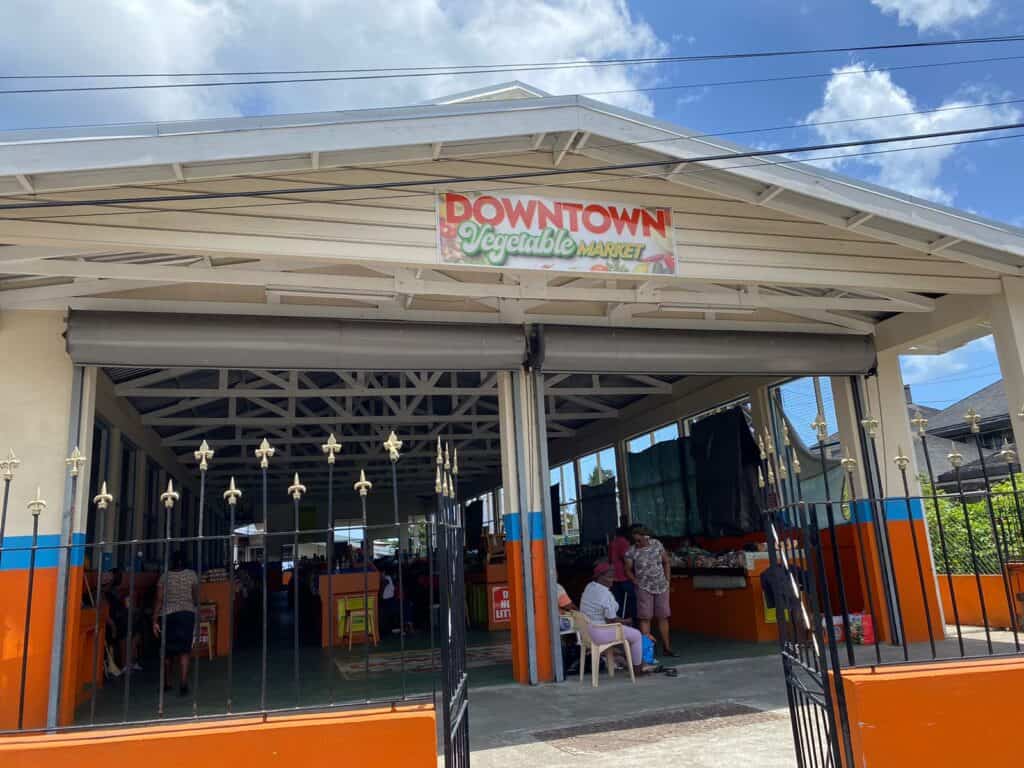
Guyana
Commonly called the “breadbasket of the Caribbean,” Guyana has normally been able to produce a variety of produce and meet a substantial amount of its food needs.
But in 2021, farmers were unable to meet market demands as their lands could not be cultivated in time as the country faced devastating floods.
For weeks, and even months in some areas, floods inundated farms which resulted in the loss of a substantial amount of crops.
As expected, the floods lead to a quality of produce, leading to a significant increase in food prices.
Vegetables like celery, shallot, Bora, Callaloo, cabbage, pumpkin, and ground provision – staples of a Guyanese diet – experienced a significant increase in price.
The price of other produce like sweet peppers and eggplants also rose.
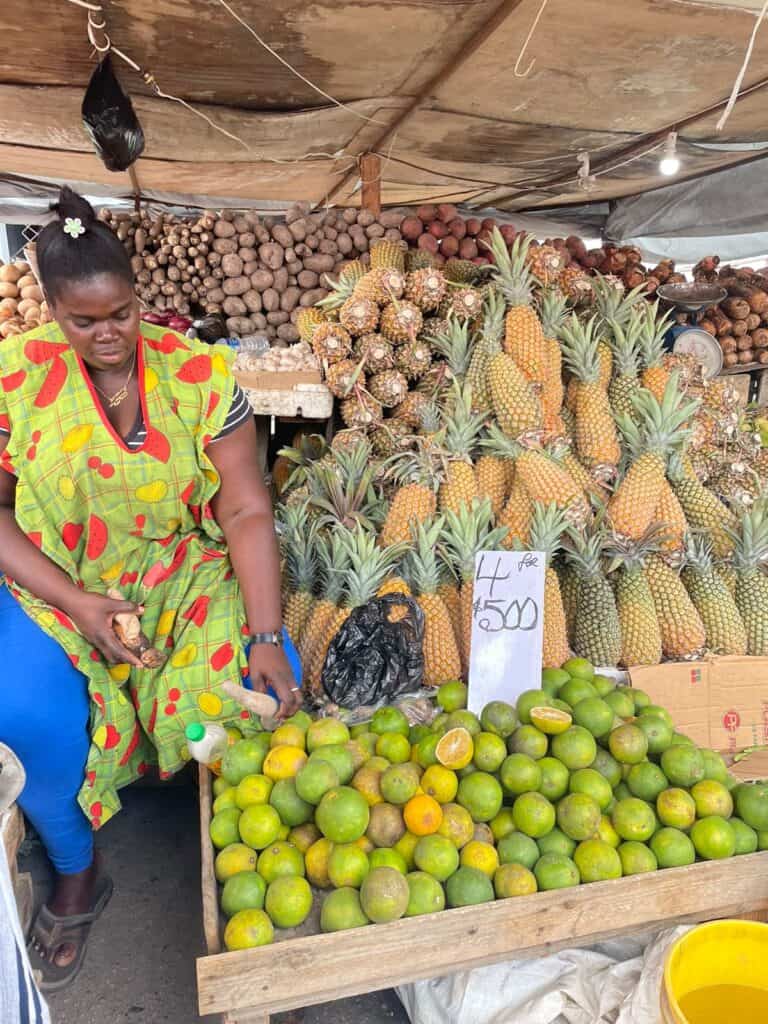
Yog Mahadeo, a Consultant to the Guyana Consumers Association, said the effects of climate change on food production and prices continue to place a strain on consumers.
As he referenced Guyana’s emerging oil and natural gas sector, Mahadeo said no amount of monetary wealth a country has can substitute for its food security and sovereignty.
Moving forward, Mahadeo said authorities must strategically ensure Guyana continues to produce a substantial amount of its foods.
As such, there must be continued efforts to support farmers in becoming more climate resilient.
In doing so, it also ensures food prices are insulated from skyrocketing – as they did in 2021 – which is important given climate change will also affect the spending ability of consumers.
Overall, Mahadeo said there needs to be careful consideration that the effects of climate change, whether floods or droughts, have a ripple effect which will affect different aspects of society.
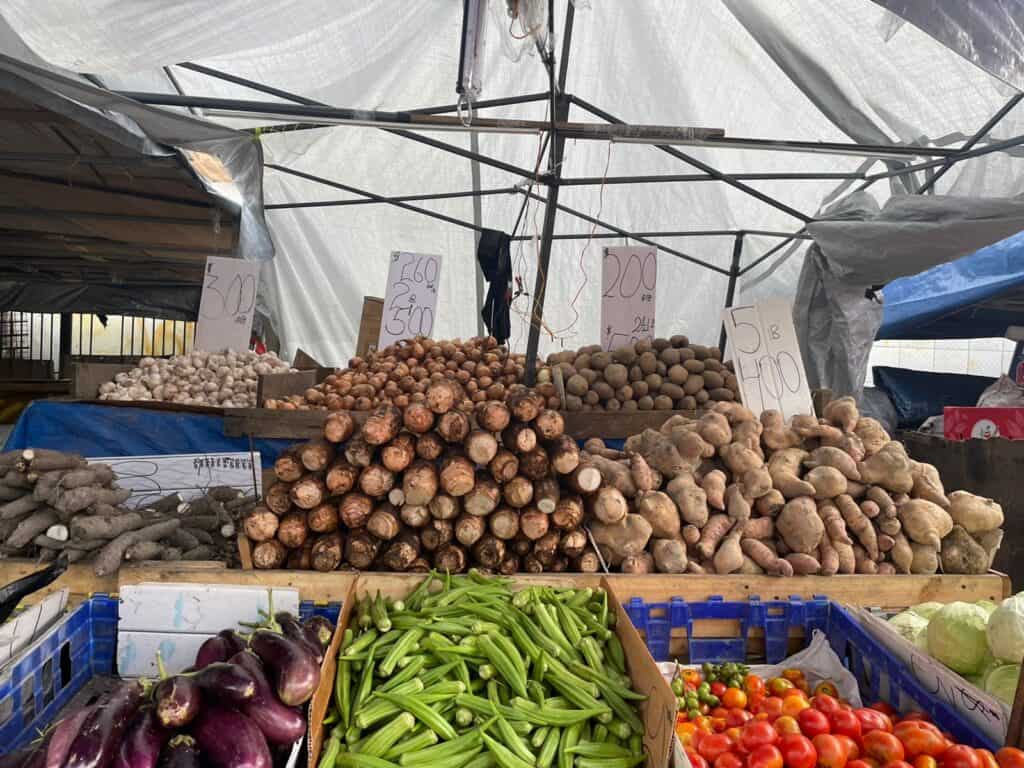
“These experiences highlight the importance of building climate resilience, and strengthening food security, in St. Vincent and the Grenadines and Guyana. The challenges faced by small-scale farmers underscore the urgent need for global efforts to mitigate climate change and its detrimental effects on all aspects of the food supply chain.“
Richardeen Williams and David Papannah